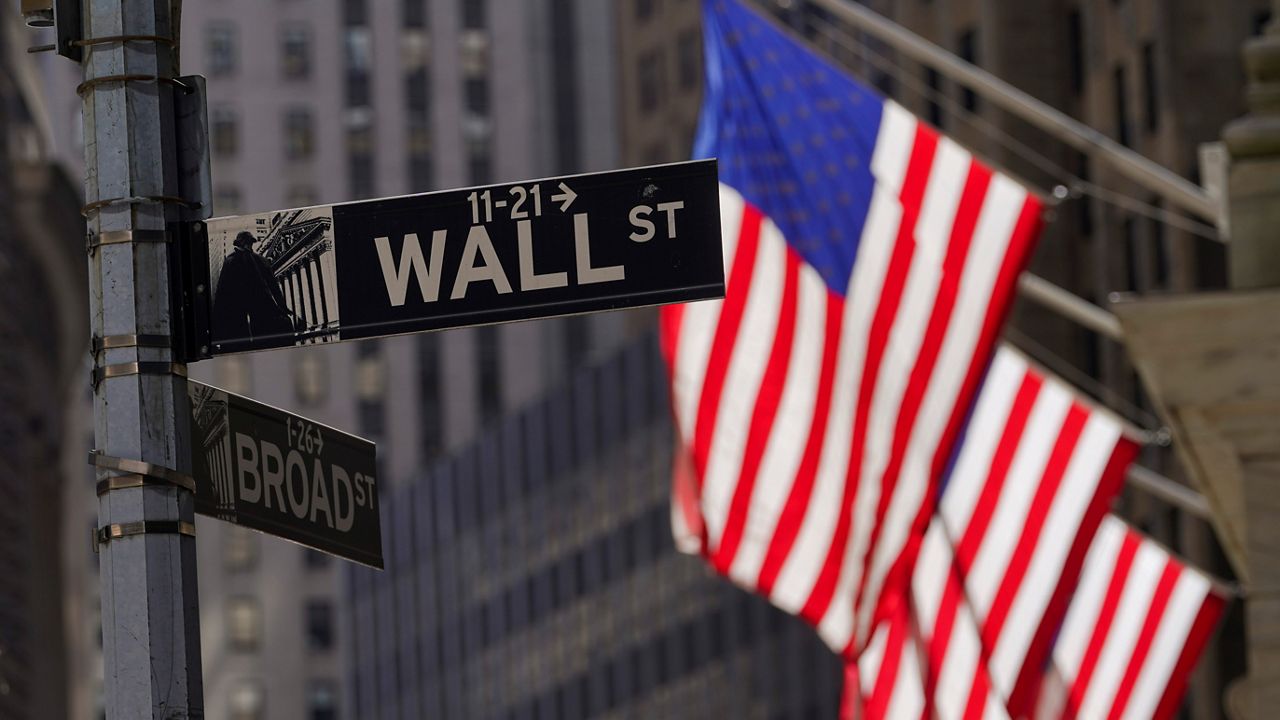LOS ANGELES — After the Federal Reserve increased the fed funds rate last week for the third time, the popular debate has been whether the country is in a recession already or is headed for one. But economist Christopher Thornberg thinks Americans are worrying about the wrong problem.
What You Need To Know
- What the country is experiencing right now is a “stimulus hangover,” Thornberg said during a Financial Partners Credit Union forum on the post-COVID new world order
- A recession is a period when the economy has excess capacity. Factories can produce goods, but no one can buy them. People want jobs and can’t find them. Unemployment is high
- “That’s not what’s happening in our world today,” said Thornberg
- As the Fed attempts to tame it with increased rates, Thornberg said it’s only affecting the most interest-rate sensitive parts of the economy, such as housing and cars
What the country is experiencing right now is a “stimulus hangover,” Thornberg said during a Financial Partners Credit Union forum on the post-COVID new world order Thursday.
“Are we heading into a recession? Not a chance,” Thornberg said.
A recession is a period when the economy has excess capacity. Factories can produce goods, but no one can buy them. People want jobs and can’t find them. Unemployment is high.
“That’s not what’s happening in our world today,” said Thornberg, who is a founding partner of the LA-based research and consulting firm, Beacon Economics, and is nationally known for forecasting the subprime mortgage market crash that began in 2007 and led to the Great Recession.
“This is a weird economy. There’s no other way of putting it,” he said of the current climate with strong demand for goods and services but also 40-year-high inflation.
Corporate earnings growth is at a 40-year high. Consumer spending is more than it was before the pandemic. Unemployment is at 3.8%. Job openings are still around 10 million. Imports to the U.S. are higher than they were before COVID. Americans are traveling.
“From any basic metric, quality of life in the typical American household is the best it’s ever been,” Thornberg said.
Yet the Consumer Sentiment Index plummeted to lows not seen since the Great Recession after the third and latest interest rate hike from the Fed last week.
The stimulus hangover has its roots in the pandemic response, Thornberg said, following forecasts of a depression that prompted the Federal Reserve to pump $6.5 trillion into the economy. And a lot of that money is still sitting there with nowhere to be spent because of supply chain issues due to continuing COVID lockdowns in China and the war in Ukraine.
“Inflation is nothing more complicated than too much money chasing too few goods, and that’s what’s driving inflation,” Thornberg said.
As the Fed attempts to tame it with increased rates, Thornberg said it’s only affecting the most interest-rate sensitive parts of the economy, such as housing and cars, which together make up about 20% of U.S. GDP.
“I don’t think we’re going to have a recession in the next year. The Fed’s doing a lot of damage to portions of the economy, and we’ll suffer from that,” he said. “There’s still a tremendous amount of pent-up consumer demand that will stabilize and move the economy forward over the next year, but there will be points of pain in the lending industry. There will be sticker shock with any kind of borrowing. It’s going to be a bumpy ride.”
In Thornberg’s view, the issue with the economy is more long term.
“The real problem is why the private sector is so healthy, and that’s because we’ve replaced private sector debt with public sector debt,” he said. “We’ve borrowed $60,000 for every person in this country since 2000.”
One-third of that debt was taken on in just the last two years, and that amounts to $1.5 trillion.
“The problem with that is debt doesn’t matter until it does. It can get very, very, very, very ugly very, very quickly,” he said. “When will that happen? Not in the near future, judging by the value of the U.S. dollar which is through the roof.”
Following the next few years, “out there somewhere on the horizon is an enormous fiscal challenge,” he said. “It’s a debt-fueled spending binge and those never end well.”



